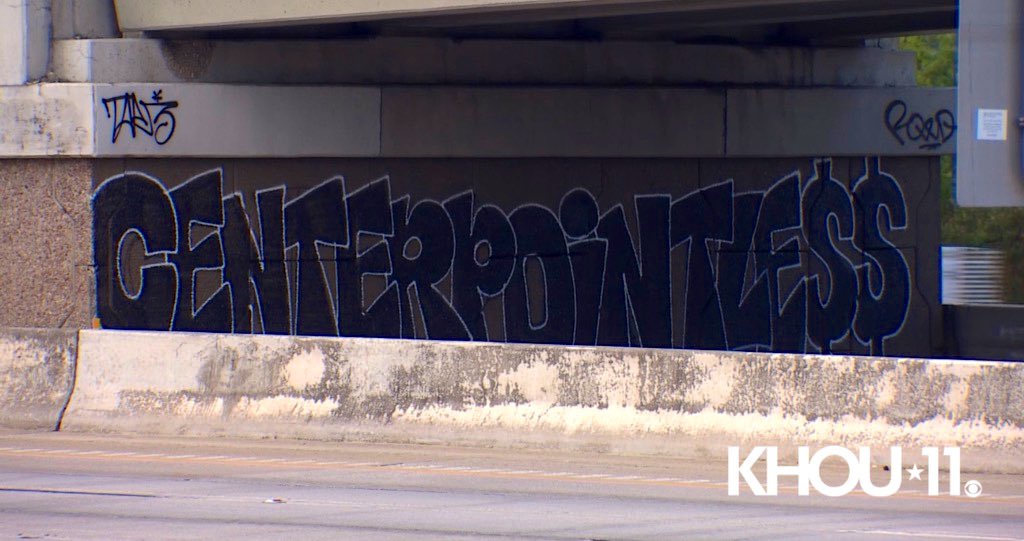“The Jan 6 Pardons Are A Huge Liability for Trump”.
An oral history of Twin Peaks.
“Thousands of transgender service members serve in the military, though the exact number is unclear. Estimates from two research centers, the Williams Institute at UCLA and the now-defunct Palm Center have put the figure around 15,000, but the Pentagon does not publicly track the number. Data from UCLA also shows that transgender Americans sign up to serve their country at a rate twice that of cisgender people. Most transgender servicemembers have more than 12 years of service”.
“But there’s an even more pernicious aspect to the new anti-DEI EO. It will be used–and appears to have been carefully designed to be used–to intimidate and harass private institutions that are outspoken in their support for a robust vision of equity. And it will be used to encourage those institutions to silence their employees who speak out in favor of such a vision (and, on university campuses, to silence those who speak out on other matters).”
“As California AI Data Centers Grow, So Does Dirty Energy“.
“Who would be interested in giving [Jared] Kushner billions of dollars?”
“The Hive Bakery located at 360 Parker Square Rd Flower Mound, Texas 75028, has baked a batch of cookies showcasing the face of Bishop Mariann Budde. These cookies quickly sold out, reflecting public resonance with her message.”
RIP, Pableaux Johnson, New Orleans-based photographer and food writer, known for hosting red bean and rice dinners. He was a classmate of mine in college – he still went by Paul then – and he played the guitar and was just a genuinely funny and smart guy. Between high school and college, we’ve seen a number of classmates pass on in the last five years or so, and it’s a whole lot of no fun. The Ma href=”https://www.nytimes.com/2025/01/28/dining/pableaux-johnson-dead.html?unlocked_article_code=1.s04.oR5R.R3SlzCKgUePR&smid=nytcore-ios-share&referringSource=articleShare&fbclid=IwY2xjawIIM1RleHRuA2FlbQIxMAABHSY_o91stDBkhWmMl5x7tJhcadoc-wqcbl1Gkb-dsp811P7qT5ua5AYTAA_aem__wrvYdojHkNpg-HGJ05r1A”>NY Times had a lovely obituary for him as well, and there’s a bunch of photos and other memories of him here. We should all be so lovingly remembered when we go. Rest in peace, Paul.
“The trends are clear: For Reddit, X/Twitter had been dying for a long time, and Elon Musk’s latest move is merely hastening its demise. As other institutions increasingly back away from X, they may find that the platform has long been withering away all on its own.”
“All of that said, the trailers represent how much closer to genuine movie slop the fake AI slop is becoming. They’re still noticeably unreal, but they’re closer to real than before.”
“What kind of husband goes grocery shopping with his wife?”
“On his first full day back in the White House, Trump dismissed all 15 advisory committee members of the Cyber Safety Review Board (CSRB), a nonpartisan government entity established in February 2022 with a mandate to investigate the causes of major cybersecurity events. The CSRB has so far produced three detailed reports, including an analysis of the Log4Shell vulnerability crisis, attacks from the cybercrime group LAPSUS$, and the 2023 Microsoft Exchange Online breach.”
Pardoned insurrectionists keep on criming. Who would have ever guessed?
RIP, Joe Bernal, former State Representative from San Antonio and longtime civil rights leader who fought for bilingual education and the creation of UTSA, among other things.
“The real witch hunt is here. And it’s a warning to all other federal employees to mind their loyalty if they want to keep their jobs. That’s the point. Trump knows he can’t lawfully fire these people in this manner. He wants to make the point that he’s willing to do it, in hopes others will stay in line.”
“Trans people have always served in the military. We have troops that are serving across the globe who are transgender. This is going to have an immediate and direct impact on commands around the globe. It’s going to make our military less ready to fight.”
Seriously, Google? I expected better.
“You know your story better than I do. If I want to understand you better, I should listen to your story. I know my story better than you do. If you want to understand me better, you should listen to my story. This is not a strange new epistemological claim. It’s Basic Humanity 101.”
“But Kennedy’s false claims about vaccines and his own stance on the issue are merely just one slice of his craziness that has not been fully conveyed to the public. For years, he has pushed a host of conspiracy theories and false propositions in such an aggressive and unhinged manner as to raise profound questions about his judgment and analytical abilities. Placing a fellow this cracked, disingenuous, and paranoid in charge of the American public health system—which Donald Trump has proposed to do by nominating him to be secretary of the Department of Health and Human Services—threatens national and global security. This could be the most dangerous act of Trump’s presidency. Yet Republican senators and much of the public are ho-humming this perilous appointment.”
“Who Goes MAGA?”
“Twitter is not a model for government reform”.
From Ask A Manager: Questions from federal workers who are currently under attack.
“President Donald Trump scrapped an aviation safety committee that had been in place for more than three decades, just a few days before a deadly airplane crash at Ronald Reagan National Airport in Washington, D.C., on Wednesday night.”
RIP, Horace Grigsny, longtime and influential Houston jazz vocalist.
RIP, Marianne Faithfull, singer, songwriter, actor, inspiration for several Rolling Stones songs including “You Can’t Always Get What You Want”.
“While many people had no criminal record prior to committing crimes on Jan. 6, NPR has identified dozens of defendants with prior convictions or pending charges for crimes including rape, sexual abuse of a minor, domestic violence, manslaughter, production of child sexual abuse material and drug trafficking.”
RIP, Dick Button, two-time Olympic figure skating gold medalist, five-time world champion, Emmy-winning broadcaster for skating, all-around legend. With the death of so many skaters in that plane crash, this was a rough week for skating fans.
“This year’s Super Bowl will be laden with AI commercials!”
“Former North Carolina Lt. Gov. Mark Robinson dropped his libel lawsuit against CNN on Friday and said he is leaving public life, marking the final chapter for the disgraced Republican politician who was caught posting racist and sexually explicit musings on a porn website.”
“WIRED has identified six young men—all apparently between the ages of 19 and 24, according to public databases, their online presences, and other records—who have little to no government experience and are now playing critical roles in Musk’s so-called Department of Government Efficiency (DOGE) project, tasked by executive order with “modernizing Federal technology and software to maximize governmental efficiency and productivity.” The engineers all hold nebulous job titles within DOGE, and at least one appears to be working as a volunteer.”


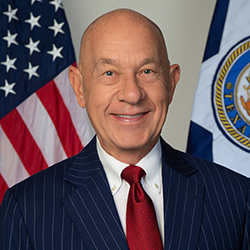
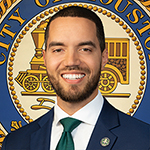









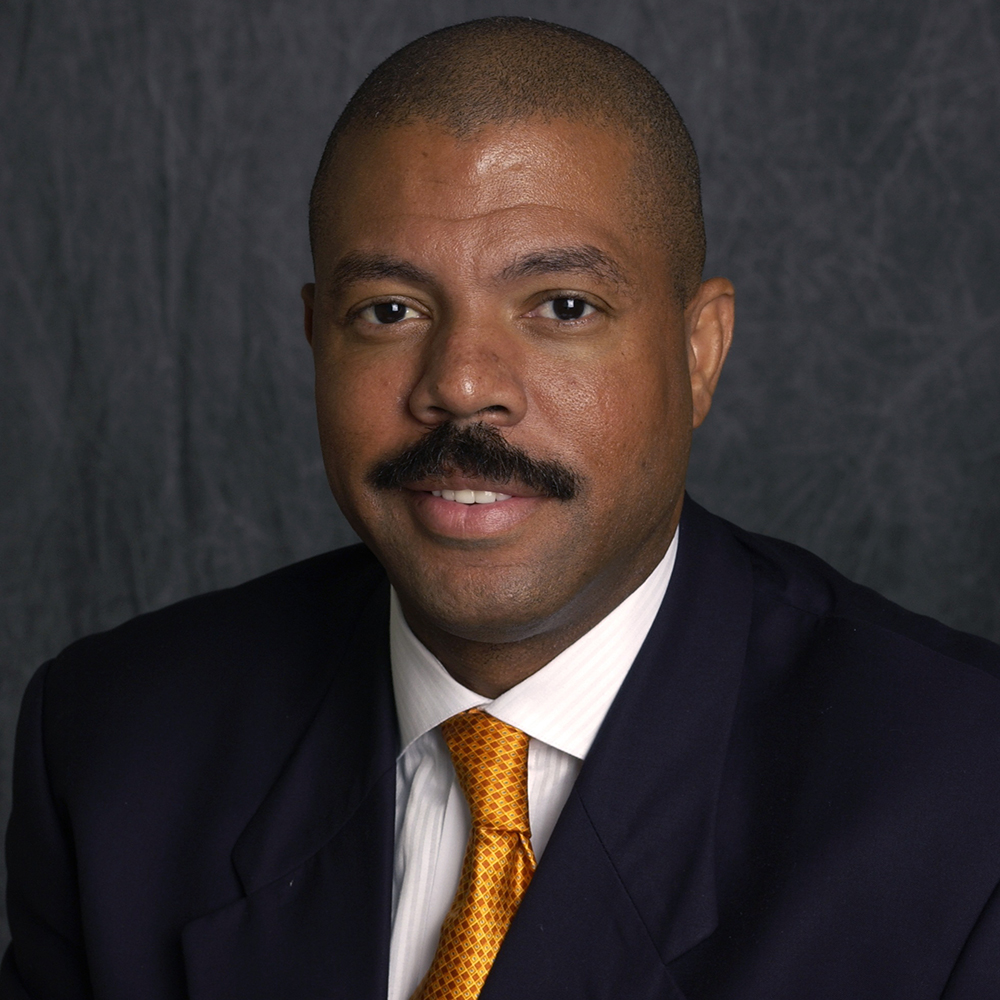

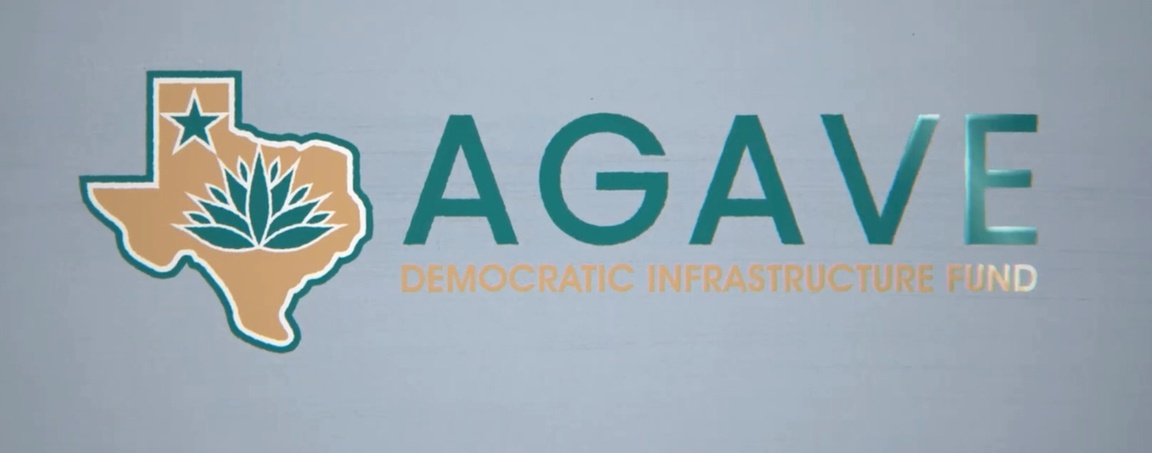

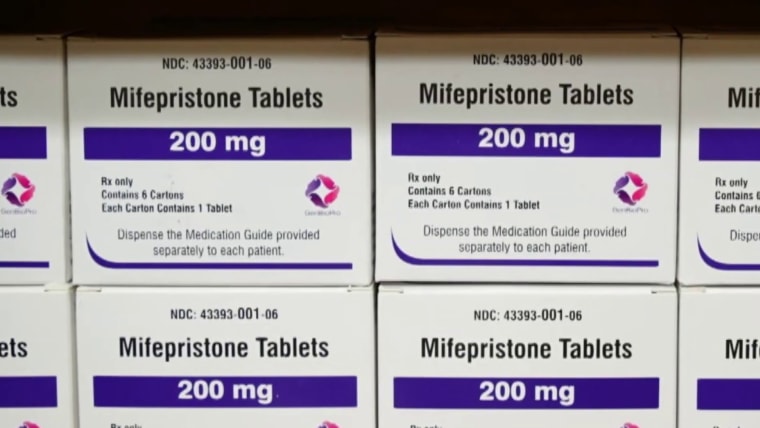



 Precinct Chair Bloc – Organizing and mobilizing precinct chairs to push the Democratic Party to take action on kitchen-table issues.
Precinct Chair Bloc – Organizing and mobilizing precinct chairs to push the Democratic Party to take action on kitchen-table issues. Social Media Blitz – Posting the launch video across Twitter/X, Facebook, Instagram, TikTok, and Bluesky.
Social Media Blitz – Posting the launch video across Twitter/X, Facebook, Instagram, TikTok, and Bluesky. Mass Texting to Progressive & Working-Class Voters
Mass Texting to Progressive & Working-Class Voters Press & Media Outreach – Engaging local and national progressive media.
Press & Media Outreach – Engaging local and national progressive media. Grassroots Organizing & Member Recruitment – Signing up precinct chairs, apartment captains, and volunteers to start building real power in Houston.
Grassroots Organizing & Member Recruitment – Signing up precinct chairs, apartment captains, and volunteers to start building real power in Houston.